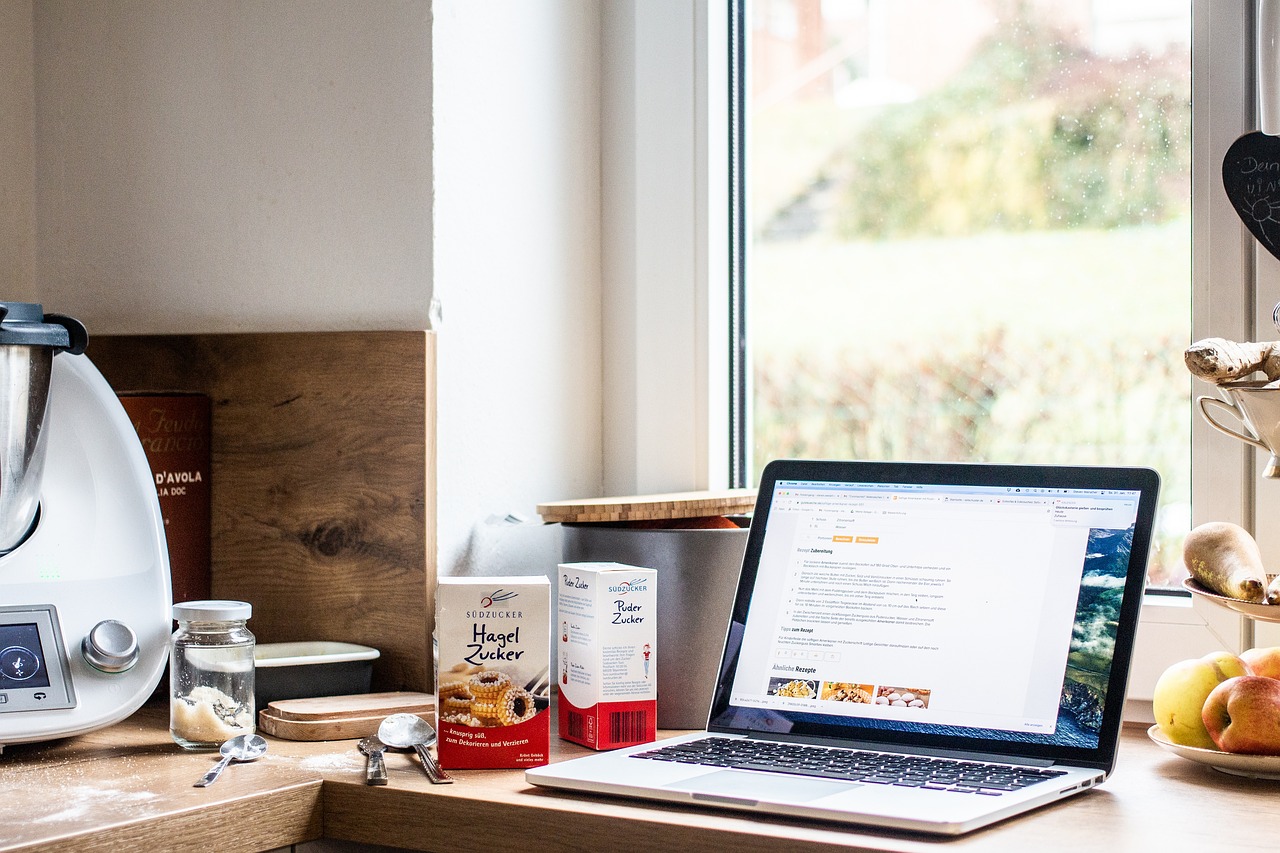The Role of Blockchain in Verifying Food Authenticity and Origin
Blockchain technology is a decentralized, distributed ledger system that securely records transactions across a network of computers. Each block in the chain contains data, such as transaction details, and is timestamped and linked to the previous block, forming a chronological chain of data. This structure ensures transparency and makes it nearly impossible to tamper with the information stored on the blockchain.
One of the key features of blockchain technology is its immutability, meaning that once data is recorded on the blockchain, it cannot be altered or deleted without consensus from the network. This feature provides a high level of security and trust in the integrity of the data stored on the blockchain. Additionally, blockchain technology uses cryptography to secure transactions and ensure that only authorized parties can access and view the information recorded on the blockchain.
How Blockchain Ensures Food Traceability
Blockchain technology has revolutionized the way we track and trace food products throughout the supply chain. By utilizing an immutable and transparent ledger, blockchain ensures that every step of the food production process is recorded and cannot be tampered with. This enables consumers to have full visibility into the origin and journey of their food, promoting trust and accountability in the food industry.
Through the use of QR codes or RFID tags, each food product can be assigned a unique identifier that is linked to its corresponding data on the blockchain. This identifier stores information such as the farm of origin, date of harvest, processing details, and transportation history. As a result, any stakeholders along the supply chain can easily access the provenance of the food product by scanning the code, thereby enhancing food safety and quality assurance.
The Impact of Blockchain on Food Supply Chains
Blockchain technology has revolutionized the way food supply chains operate by providing increased transparency and security throughout the entire process. With blockchain, each step in the supply chain is recorded and stored in a secure, immutable ledger, allowing stakeholders to trace the journey of food products from farm to table with ease and accuracy.
The implementation of blockchain in food supply chains not only enhances traceability but also helps in reducing food fraud and contamination risks. By enabling real-time monitoring of food products, blockchain ensures that any issues can be quickly identified and rectified, thus safeguarding consumer health and confidence in the food industry.
What is blockchain technology?
Blockchain technology is a decentralized, distributed ledger that records transactions across a network of computers. It ensures transparency, security, and immutability of data.
How does blockchain ensure food traceability?
Blockchain enables every step in the supply chain to be recorded and tracked in a secure and transparent manner. This allows consumers to trace the origins of their food products and verify their authenticity.
What are the benefits of blockchain technology in food supply chains?
Some benefits of blockchain in food supply chains include improved traceability, increased transparency, reduced fraud and counterfeiting, enhanced food safety, and better efficiency in tracking and managing supply chain processes.
How does blockchain impact the overall efficiency of food supply chains?
Blockchain streamlines processes by eliminating the need for manual record-keeping, reducing paperwork, minimizing errors, and providing real-time visibility into the supply chain. This leads to improved efficiency and cost savings for all stakeholders involved.
Is blockchain technology secure for managing food supply chains?
Yes, blockchain technology is highly secure due to its decentralized and encrypted nature. Data stored on the blockchain is tamper-proof, making it an ideal solution for ensuring the integrity and security of food supply chains.







